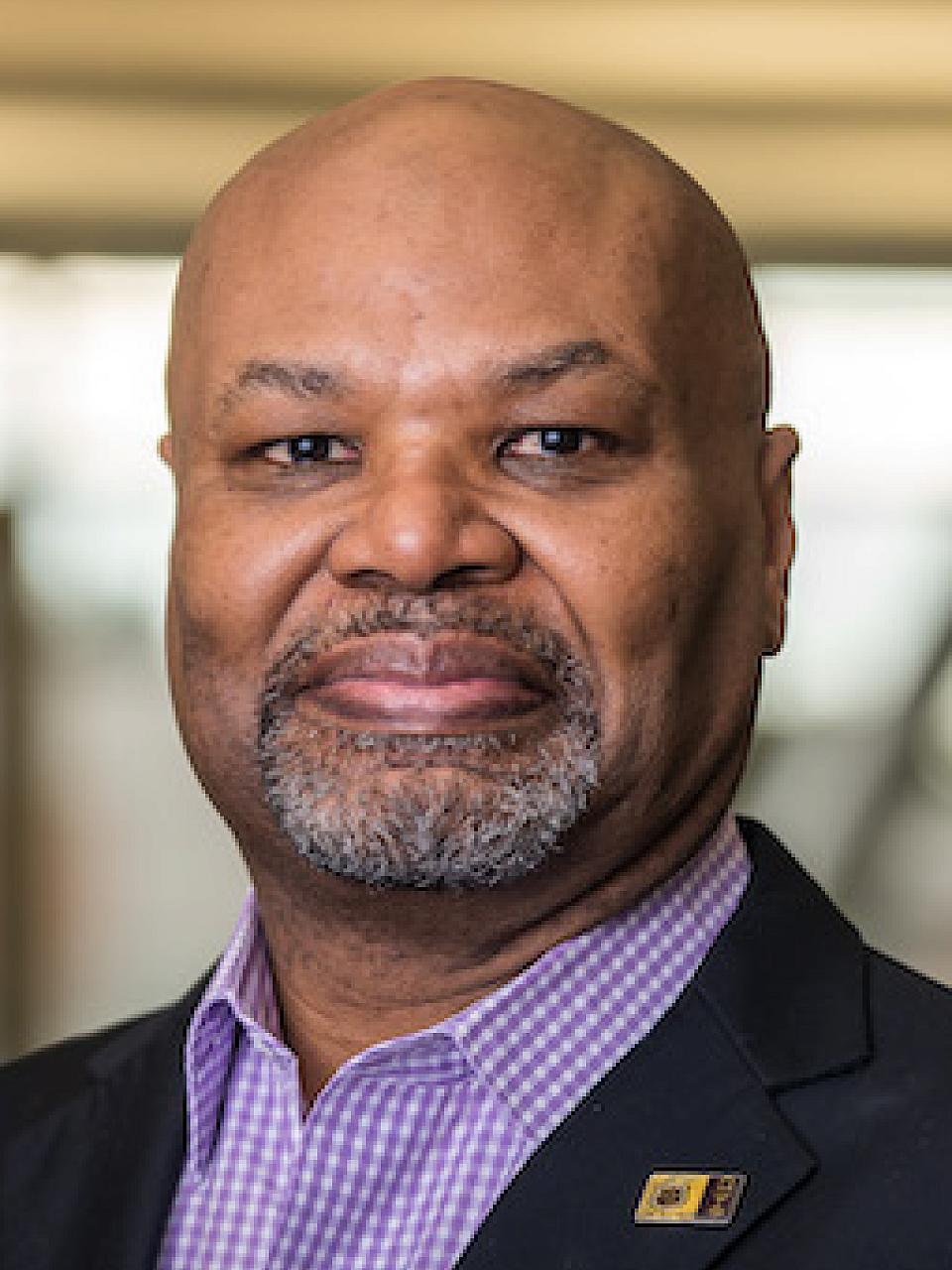Voices of U of U Health
This Father’s Day and Every Day: Talk About Mental Health
The pandemic is over, but our country is still in a public health crisis. Too many people are more strained and stressed than ever before. Yet they’re not getting the mental health help they need.
As Chief Executive Administrator of Huntsman Mental Health Institute at the University of Utah, I’m spreading the word about our new campaign called “Love, Your Mind.”
The goal? Reduce the stigma around mental health and connect more people to therapy and services.
Huntsman Mental Health Institute (HMHI) is not only committed to decreasing the stigma around mental health. We also want to be a source people can turn to for information, research, and care.
A New Way to Think About Mental Health
Research shows that nearly 70 million American adults are likely to experience mental health challenges—but may not be willing to seek the help they need.
In partnership with the Ad Council, the “Love, Your Mind” campaign is intended to benefit everyone. Research shows many different groups of people were identified as “reluctant to seek mental health support,” even when they need it the most.
Each of the different groups hold unique attitudes and beliefs and can experience common challenges. This has a profound impact on their behavior and can present significant barriers to care.
As with anyone experiencing life challenges, it’s important for people to know that they are not alone. When people see themselves in the campaign messages, it helps to affirm and validate their own situations. Campaign public service announcements, partnerships, and an interactive website were intentionally created to resonate with all the various groups of people identified in the research.
I’m so proud of my association with this campaign. I share the goal to normalize conversations about mental health and to provide education, strategies, and hope. Each time I conduct an interview on the campaign or am asked to speak about reducing stigma, I’m honored to have the conversation. It’s helping to move the ball forward.

Men's Mental Health
One of the groups of people that was recognized as reluctant to seek mental health care is men, and specifically men of color.
According to the latest U.S. Census Bureau, 61% of men age 15+ are fathers. What we know is that when a father, or anyone in a parental role, prioritizes their family's needs over their own, they often neglect taking care of themselves and their health. When we take care of our mental and physical health, we can show up in healthier ways for the people we love.
As a father and grandfather myself, this really resonates with me. The health of my family relies on the collective health of the parents—and not just our physical health but our mental health as well. When I create practices that acknowledge the importance of my mental health, I help to foster an environment that supports my entire family.
Spreading the Word
The hope for the campaign at an institutional level is that mental health care becomes normalized—something people talk about freely. We aim to help men, women, parents, and adults of all ages think about mental health in a new way. We want to give them new tools that support their individual circumstances, mental health needs, and goals.
LoveYourMindToday.org was designed to empower people from across the country to learn more about mental health challenges and resources. Stories, strategies, and culturally specific resources help visitors to feel less alone and more in control.
Through our partnership with the Ad Council, we’re excited to see engagement with dozens of organizations—from the NFL to the National Women’s Soccer League—to increase awareness of our new campaign.
We know the campaign is already starting to gain traction. “Love, Your Mind” billboards and ads can be seen from Pittsburgh to Los Angeles. The campaign is being discussed on all kinds of media and embraced by influencers, professional athletes, and celebrities, from David Mann to Stephen A. Smith.
The pandemic caused many people to reconsider their careers and choices in life. There was a heightened awareness of how precious life can be. For some, that led to a realization that their mental health needed more attention, too. That’s why we hope the “Love, Your Campaign" will benefit everyone. If we all love our minds, we can thrive.

